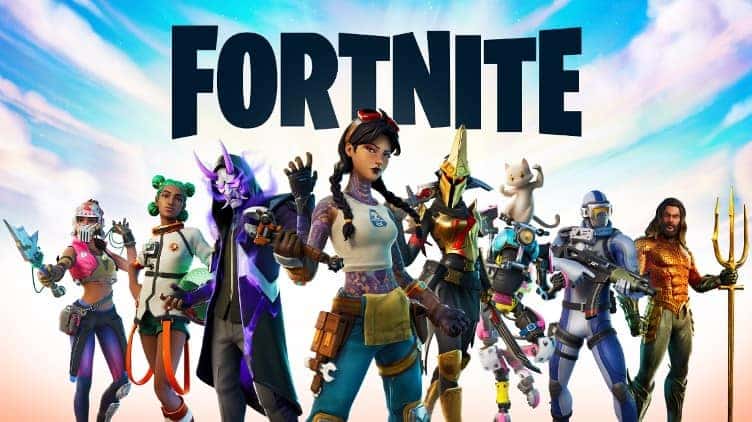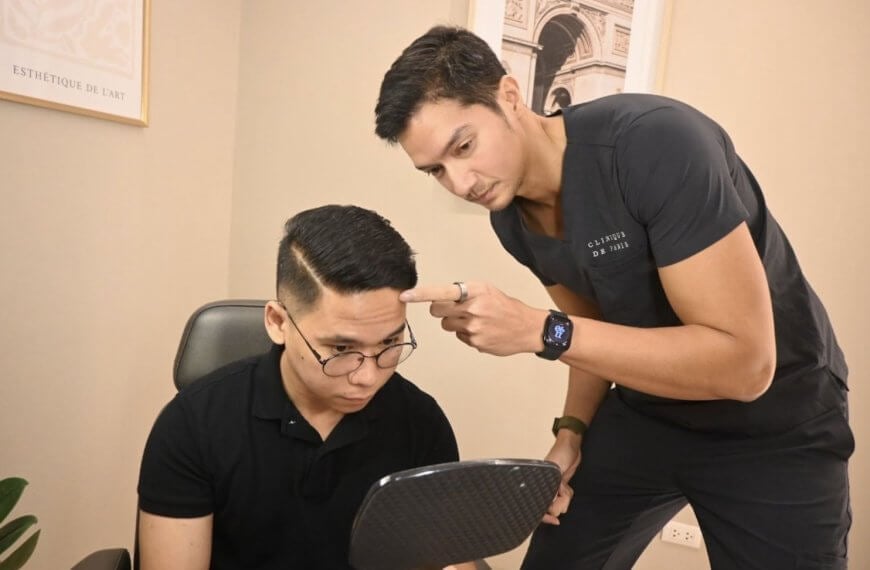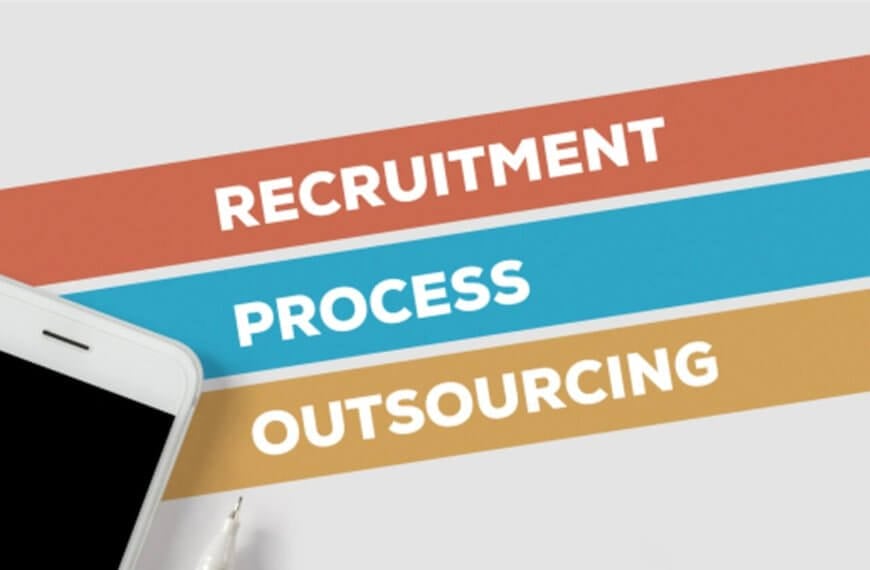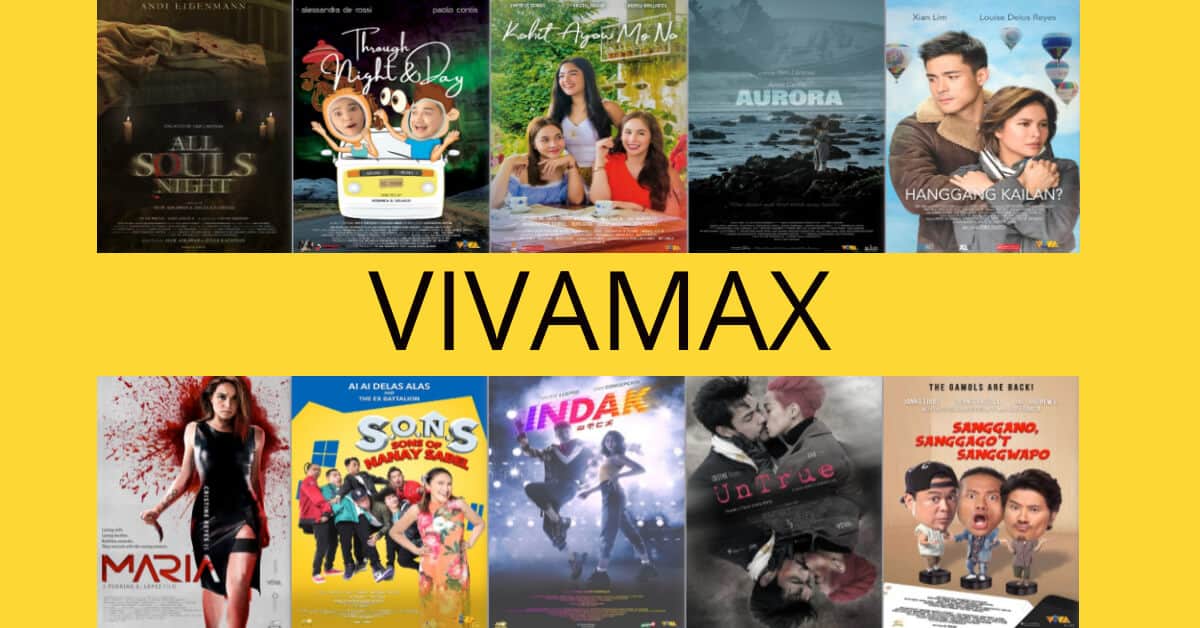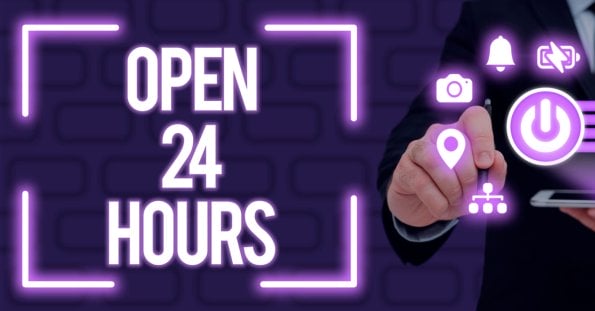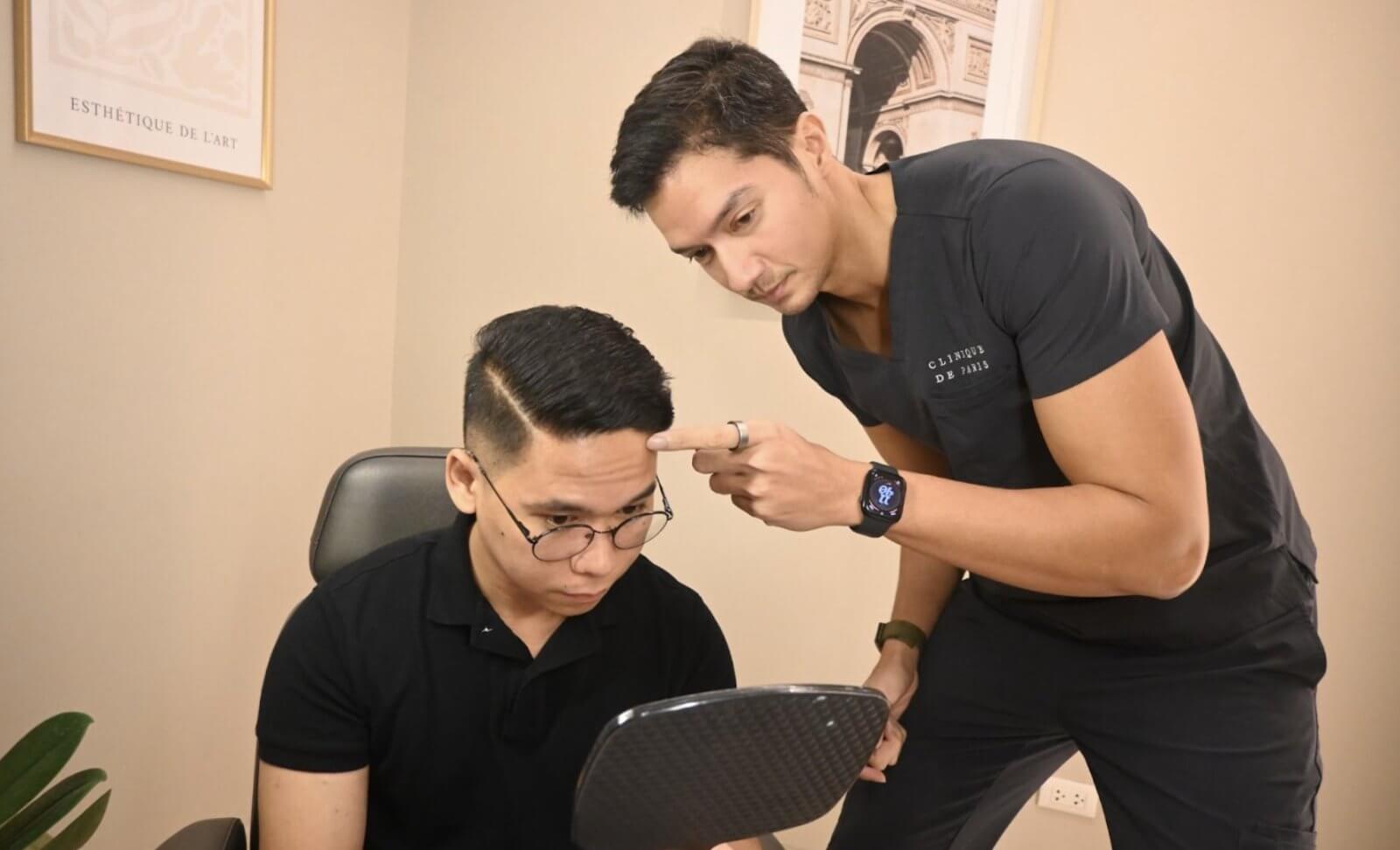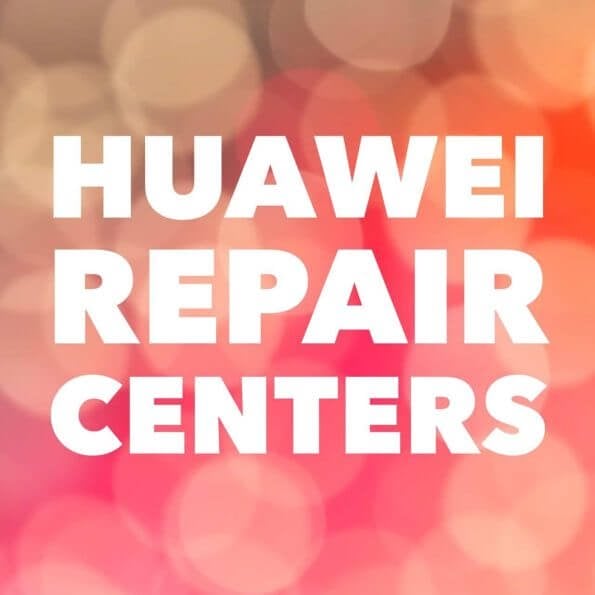by Johanna Patricia A. Cañal, MD, MHA, MSc
I am a cancer specialist and work with cancer patients every day. I’ve been questioned many times why I chose to specialize in Oncology. There are so many other specialties. I’ve also been asked why Radiation Oncology, which sounds so exotic…and frankly, quite scary. No, the answer is not “because someone has to do it.” The answer is: because cancer CAN be treated. Some cancers can be cured. And if that is not possible, patients with cancer can be given comfort.
I’ve had patients from all parts of the spectrum. I’ve had a patient who was diagnosed so late with disseminated disease that he did not even complete his treatment. He died during treatment one month after being diagnosed. I have had to intubate a patient in a last ditch effort to keep him alive. It did not turn out well.
On the other hand, I’ve also had a patient whose cancer spread to his brain but who lived for 11 years after my treatment. He was blind in one eye but he lived long enough to witness his children graduate from college, get married and have children themselves. In the end, he died of pneumonia. I’ve had several patients with prostate cancer to whom I’ve had the privilege of saying “You’re considered cured!”
My point: cancer is not necessarily a death sentence. There’s so much we oncologists can do. There’s surgery, chemotherapy, radiation therapy and a plethora of palliative treatments. But, I also have to quantify that: the earlier a cancer is diagnosed, the more options we have. The more advanced it is, the less we can do.
My other point: get that mammogram even if you think it’s gonna hurt (it won’t). Get that colonoscopy done. Get that pap smear. They’re a little uncomfortable but the results are definitely worth it. That blood test will be inconvenient but finding out if there’s something wrong early will save you both money and anxiety. That’s why they’re called screening tests. We want to know if there’s a cancer lurking there that we can do something about.
Besides, don’t you remember being told: nothing worth doing is easy. Just do it.
Hello!
This short article is part of a series of articles that is designed to make health care more understandable to non-doctors.
As a way of disclosure, I am a radiologist and a radiation oncologist. My strengths, therefore, are diagnosing illness, particularly cancer, and cancer treatment. Thus, I will be talking about medical tests and what these are about.
I shall also be talking about the dreaded disease, cancer. In the 2nd decade of the 21st century, cancer is the #4 cause of death worldwide. NUMBER 4! It used to be #10. It has obviously been going up. The number 1 and 2 killers are cardiovascular diseases…translated into heart attacks and strokes. Number 3 is pneumonias and lung diseases.
The previous century was known as the century of infectious diseases. The most common causes of disease and death were bacterial and viral pneumonia and tuberculosis. The present century is the century of the lifestyle disease. That is, infections don’t play as big a part as lifestyle diseases. What are those? Heart disease, strokes, cancers and injuries/accidents.
But then again, the 21st century has just started, and we already have a pandemic. One never knows what will happen in the next 10, 20 or 30 years. Thus, this series will discuss a range of topics, hopefully the topics most relevant to you.
If there is a topic that you want clarified, please do drop me an e-mail at [email protected]. Please just fill in the subject line with: [SULIT] Your question

Johanna Patricia A. Cañal, MD, MHA, MSc


